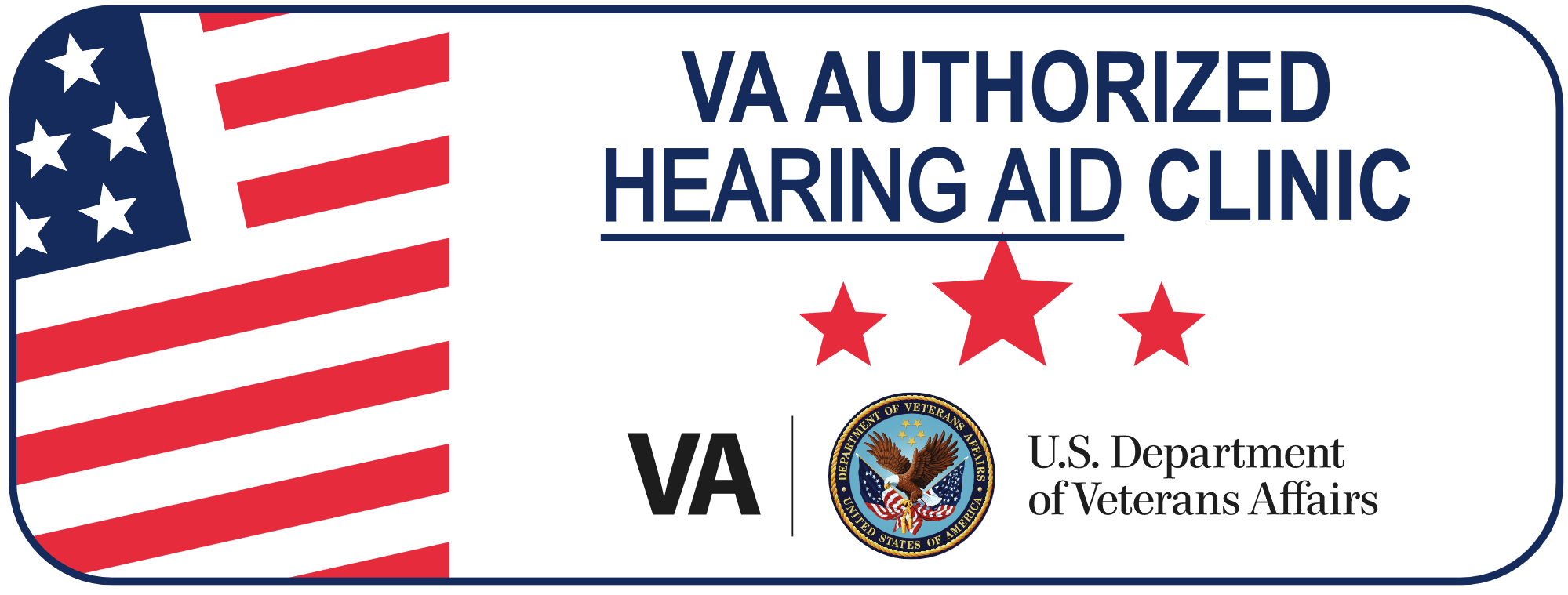Over-the-Counter (OTC) Hearing Aids
Do you believe you have decent hearing but suspect early signs of hearing decline? If you're intrigued by hearing aid technology but aren't ready to commit to prescription hearing aids, consider an over-the-counter (OTC) hearing aid.
Understanding OTC Hearing Aids
OTC hearing aids are tailored for adults who identify with mild-to-moderate hearing loss signs. They're available in drugstores or online, no need for a hearing expert’s prescription or assessment. These devices offer an affordable gateway for those exploring the world of hearing technology and its potential advantages.
Being categorized as "medical devices," OTC hearing aids meet the rigorous quality benchmarks established by the FDA. This assurance means consumers can trust that these products are both safe and transparently labeled.
It's crucial to note that OTC hearing aids differ from personal sound amplification products (PSAPs). Although available without prescription, PSAPs aren't FDA-regulated. Designed for situational sound enhancement, like distant sound clarity, they aren't equipped to alleviate hearing loss symptoms.
OTC vs. Prescription Hearing Aids: What’s the Distinction?
OTC hearing aids come with a more generic design, catering mainly to those with mild hearing challenges. These entry-level devices enable users to tweak the fit and slightly adjust sound parameters. Unlike prescription models, you can easily purchase them both in physical stores and online.
In contrast, prescription hearing aids are technologically superior. Catering to a broad spectrum of hearing issues, they demand a professional assessment. Once chosen, an expert tailors the device's fit and settings to the individual's specific hearing profile.
Choosing the Right Device: OTC or Prescription?
Each person's hearing loss is distinct. To make the best healthcare choice, it's pivotal to grasp how hearing loss affects your daily interactions. OTC hearing aids are ideal for those exhibiting mild-to-moderate hearing difficulties.
Mild hearing loss barely disrupts daily life, with challenges primarily in the 26-40 decibel range. Such individuals can comprehend regular speech but may struggle with whispers or soft noises.
Moderate hearing loss spans the 41-55 decibel bracket. Those affected might find normal conversations, especially amid significant ambient noise, a tad challenging.
Ranging between 56-70 decibels, moderate-to-severe hearing loss implies struggles with regular conversation volumes. Such individuals often request repetition or raised speech volumes.
Severe hearing impairment, between 71-90 decibels, means everyday conversations are inaudible. Such people might raise the TV volume to potentially disturbing levels and miss standard auditory cues like doorbells.
At 91+ decibels, profound hearing loss denotes only very loud sounds are discernible, making regular conversation comprehension almost impossible.
OTC hearing aids aren't suitable for children due to potential over-amplification risks that can cause permanent hearing damage. Adults grappling with more severe or particular hearing issues, like tinnitus, should consult a professional for an optimal auditory experience.
The Bottom Line
Ignoring hearing loss isn't merely inconvenient; it can jeopardize cognitive health over time. OTC hearing aids, thanks to their accessibility, empower those with mild issues to commence early intervention. Experiencing the benefits of an OTC device might motivate users to opt for prescription aids if their condition worsens.




